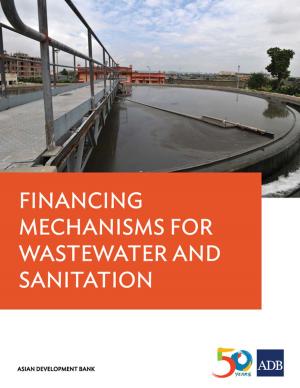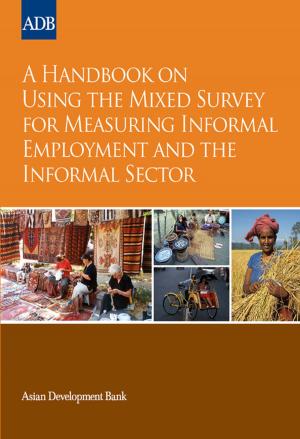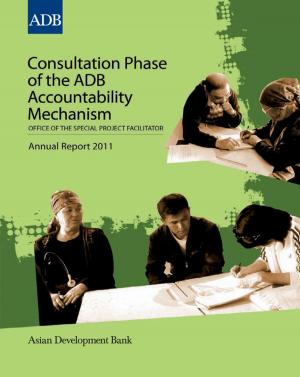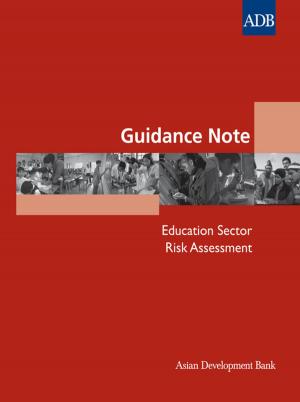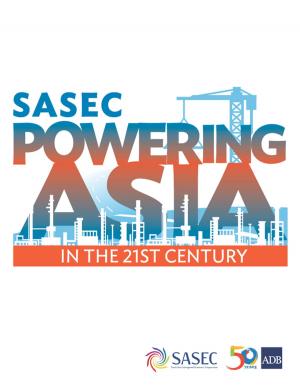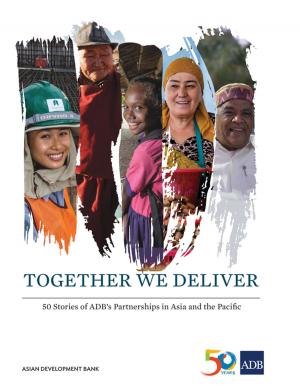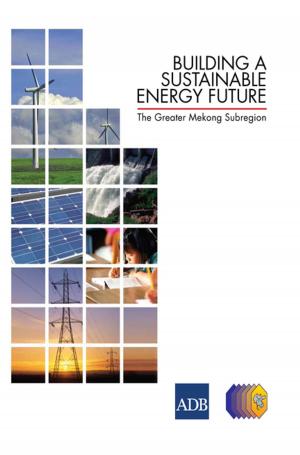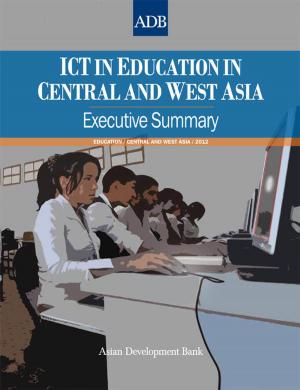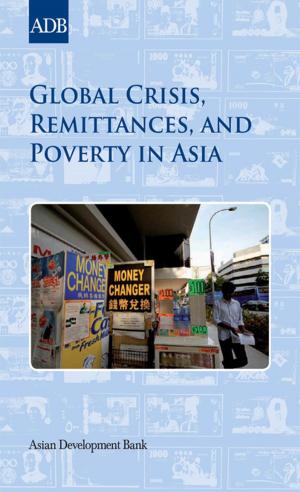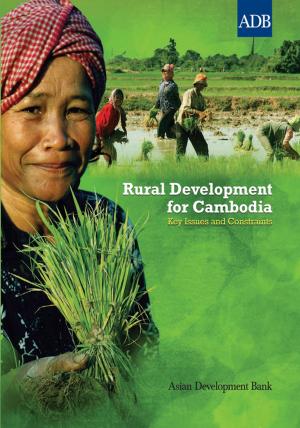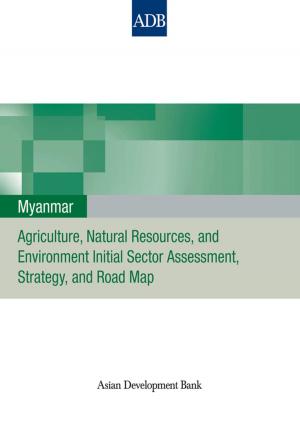Development Asia—A Growing Hunger
April–June 2010
Nonfiction, Science & Nature, Technology, Engineering, Environmental, Social & Cultural Studies, Political Science, Government| Author: | Asian Development Bank | ISBN: | 9789292574307 |
| Publisher: | Asian Development Bank | Publication: | June 1, 2010 |
| Imprint: | Asian Development Bank | Language: | English |
| Author: | Asian Development Bank |
| ISBN: | 9789292574307 |
| Publisher: | Asian Development Bank |
| Publication: | June 1, 2010 |
| Imprint: | Asian Development Bank |
| Language: | English |
Perhaps no issue casts a harsher light on social inequities than the growing number of people who go hungry everyday. According to the Food and Agriculture Organization of the United Nations (FAO), more people go hungry in the world today than at any time since 1970. An estimated 1.02 billion people were undernourished worldwide in 2009, 642 million of whom lived in Asia and the Pacific, the FAO reports. Access to food—or food security—has become an issue that no one can ignore; the lives of millions and the stability of governments depend on shrewd management of food supplies. As the riots and hoarding during the food crisis in 2008 have shown, the mere mention of a shortage is enough to destabilize markets and even governments. As usual, the poorest have been hit the hardest: they have faced rising food prices while the global economic crisis has battered their incomes. Declining crop yields, land degradation, urbanization, and the effects of climate change are putting additional pressure on efforts to produce more food. Market speculation makes the situation even more precarious. This edition of Development Asia tackles this critical issue from varied perspectives—from the points of view of science, civil society, and business. As its cover story, "A Growing Hunger", puts it, there is no quick, one-size-fits-all solution, especially for a region as geographically diverse as Asia and the Pacific. Building consensus is a huge, ongoing challenge for leaders, decision makers, and stakeholders in the region as they wrestle with conflicting priorities. In "The Hunger Monger", renowned financier Jim Rogers, an outspoken advocate of agricultural investments, acknowledges that food security is a highly emotional and political issue. He gives a candid interview on the perceived tension between business interests and social needs, and domestic and international concerns.
Perhaps no issue casts a harsher light on social inequities than the growing number of people who go hungry everyday. According to the Food and Agriculture Organization of the United Nations (FAO), more people go hungry in the world today than at any time since 1970. An estimated 1.02 billion people were undernourished worldwide in 2009, 642 million of whom lived in Asia and the Pacific, the FAO reports. Access to food—or food security—has become an issue that no one can ignore; the lives of millions and the stability of governments depend on shrewd management of food supplies. As the riots and hoarding during the food crisis in 2008 have shown, the mere mention of a shortage is enough to destabilize markets and even governments. As usual, the poorest have been hit the hardest: they have faced rising food prices while the global economic crisis has battered their incomes. Declining crop yields, land degradation, urbanization, and the effects of climate change are putting additional pressure on efforts to produce more food. Market speculation makes the situation even more precarious. This edition of Development Asia tackles this critical issue from varied perspectives—from the points of view of science, civil society, and business. As its cover story, "A Growing Hunger", puts it, there is no quick, one-size-fits-all solution, especially for a region as geographically diverse as Asia and the Pacific. Building consensus is a huge, ongoing challenge for leaders, decision makers, and stakeholders in the region as they wrestle with conflicting priorities. In "The Hunger Monger", renowned financier Jim Rogers, an outspoken advocate of agricultural investments, acknowledges that food security is a highly emotional and political issue. He gives a candid interview on the perceived tension between business interests and social needs, and domestic and international concerns.

